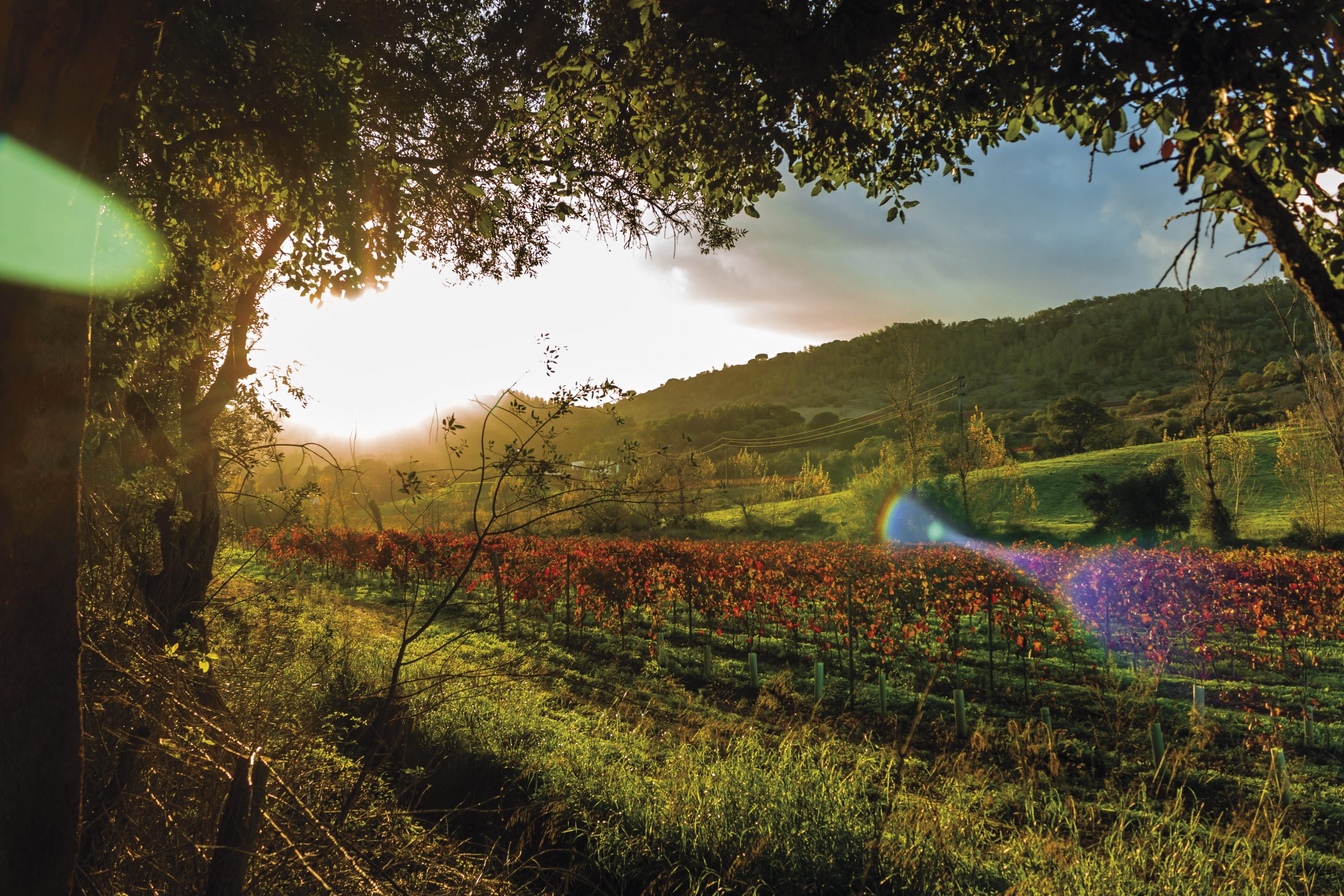
The quarrel between city and countryside is as old as industrialisation and probably much older: I imagine Ancient Roman peasants muttering in disgruntlement when the master arrived from the urbs with a hungry retinue and a load of fancy demands.
In our current crisis, where sweet-scented vineyards are so obviously safer than crowded urban streets, I find hope and comfort in that quarrel’s most glorious relic. I have always loved The Flowers of Evil by the dissipated Parisian dandy Charles Baudelaire – and not just because this cycle of poems includes a whole section on wine. In the mid-19th century, he was inspired by the contrast between the excitements and terrors of the ever-growing metropolis and the blissful tedium of country life. Today, when browsing the London wine aisles risks encountering an evil more sinister than any Baudelaire imagined, the vineyards call to me – more loudly, perhaps, because I can’t currently answer their call.
Baudelaire is the bard of conflicted city-dwellers, a sedentary voyager whose imagination was fuelled by intoxicants, enclosed not in bottles – he was a great liberator of wine from that particular cage – but in poems. He grasps at wine’s promise to drown sorrows and conjure memories, but also at its invitation to escape. I, too, long to accept that invitation, and flee lockdown in London via my imagination and my glass.
I was supposed to be in Portugal now, in the northern region of Dão, encircled by ancient granite mountains, which produces some of the country’s freshest, most elegant wines. That was reality, before reality deteriorated, and so the sorrows that I now drown are a form of saudade, a particularly Portuguese melancholic ache that springs from missed connection. At least I can still make the acquaintance of Dão’s many indigenous grape varieties, such as red Alfrocheiro, Baga or Jaen: when I inhale the cream and spice of Taboadella’s single varietal white Encruzado, I could be nowhere else.
The city in lockdown is all terror and no excitement; sipping, I can wing my way to the granitic land from which my wine comes. Does it help that several of the best I try are made by people who also arrived from elsewhere? While Alvaro de Castro’s family have been at Quinta da Pellada for generations, Taboadella is owned by the Porto cork-producing Amorim family; Dirk Niepoort, who vinifies century-old grapes at Quinta da Lomba, is a fifth-generation port-seller now making wine across the peninsula. Sogrape, owner of Quinta dos Carvalhais, which makes the gorgeous Branco Especial, is Portugal’s largest wine conglomerate.
I taste Quinta da Pellada’s Touriga Nacional, the port grape that also makes luscious dry reds like this rich, cedar-fragrant wine, and a Quinta da Lomba red, Conciso, that has the chewiness of firm cherries and a supercilious whiff of granite. Because I prefer to take Baudelaire’s exhortation to “always be drunk” in moderation (he died aged 46), I spread my sensory voyage over several days, swirling my glass as my fantasy circles above those rocky outcrops, rolling exotic names and flavours across my tongue, and pitying Baudelaire, who drank and wrote instead of travelling, while I long for the day when I can once again combine all three.
Next week: Felicity Cloake on food
This article appears in the 21 Oct 2020 issue of the New Statesman, Ten lessons of the pandemic






